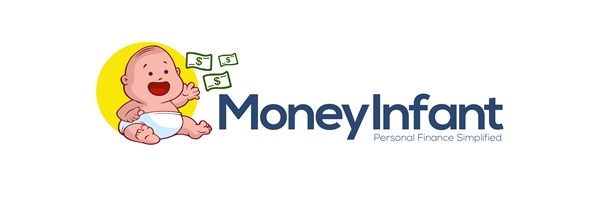Personal Finance Quotes from Charles Dickens
 February 7th is the 200th anniversary of
the birth of Charles Dickens, arguably one of the greatest fiction writers of the 19th and
20th centuries (and quite possibly into the future as well). Who hasn’t heard of A
Christmas Carol, David Copperfield or Dickens most popular novel A
Tale of Two Cities? Quite likely most of you have read at least one his books, even
if forced to it by a high school English teacher.
February 7th is the 200th anniversary of
the birth of Charles Dickens, arguably one of the greatest fiction writers of the 19th and
20th centuries (and quite possibly into the future as well). Who hasn’t heard of A
Christmas Carol, David Copperfield or Dickens most popular novel A
Tale of Two Cities? Quite likely most of you have read at least one his books, even
if forced to it by a high school English teacher.
Dickens was well known in the 19th century as a great writer of prose, comedy and for his stand on social reform. It is likely the last that gave rise to many of the excellent personal finance quotes in his novels, many of which are just as relevant and applicable today as they were when Mr. Dickens was writing. I’ve often wondered what it might have been like to live in the 18th or 19th centuries; even as a rich merchant I can’t imagine it was comfortable and I would dread to think what that time period was like for the poor.
Some Interesting Facts About Charles Dickens:
- His apartment from 1837 to 1839 cost just £80 per year
- He and his wife had 10 children
- He was a staunch supporter of the abolition of slavery as well as copyright laws
- Dickens father often lived beyond his means and in 1824 the family (with the exception of Charles) was forced to debtor’s prison.
- At 12 Charles was forced to leave school and went to work. He worked 10 hours a day and earned six shillings a week pasting labels on blacking. Doubtless this impressed on the young child the plight of the poor.
- In 1856 he was able to buy Gads Hill Place, a home he had often dreamed of living in as a child.
Charles Dickens Quotes:
“Annual income twenty pounds, annual expenditure nineteen nineteen and six, result happiness. Annual income twenty pounds, annual expenditure twenty pounds ought and six, result misery.” Source: David Copperfield
“The father of this pleasant grandfather, of the neighborhood of Mount Pleasant, was a horny-skinned, two-legged, money-getting species of spider who spun webs to catch unwary flies and retired into holes until they were entrapped. The name of this old pagan’s god was Compound Interest.” Source: Bleak House
“The education of Mr. Jonas had been conducted from his cradle on the strictest principles of the main chance. The very first word he learnt to spell was “gain” and the second (when he got into two syllables), “money”.” Source: Martin Chuzzlewit
“So now, as an infallible way of making little ease great ease, I began to contract a quantity of debt.” Source: Great Expectations
“It was as true . . . as turnips is. It was as true . . . as taxes is. And nothing’s truer than them.” Source: David Copperfield
“Well!” observed R. Wilfer, cheerfully, “money and goods are certainly the best of references.” Source: Our Mutual Friend
“Gold, for the instant, lost its lustre in his eyes, for there were countless treasures of the heart which it could never purchase.” Source: Nicholas Nickleby
“In that giddy whirl of noise and confusion, the men were delirious. Who thought of money, ruin, or the morrow, in the savage intoxication of the moment?” Source: Nicholas Nickleby
“We spent as much money as we could, and got as little for it as people could make up their minds to give us. We were always more or less miserable, and most of our acquaintance were in the same condition. There was a gay fiction among us that we were constantly enjoying ourselves, and a skeleton truth that we never did. To the best of my belief, our case was in the last aspect a rather common one.” Source: Great Expectations
“I have made up my mind that I must have money, Pa. I feel that I can’t beg it, borrow it, or steal it; and so I have resolved that I must marry it.” Source: Our Mutual Friend
“Men were weighed by their dollars, measures gauged by their dollars; life was auctioneered, appraised, put up, and knocked down for its dollars.” Source: Martin Chuzzlewit
Charles Dickens might be considered the first blogging type writer as most of his novels were written in weekly installments and thus he was able to gauge his audiences reaction prior to publishing his next post. And for all of you out there who enjoy writing and blogging as I do, Charles Dickens purported final words were: “Be natural my children. For the writer that is natural has fulfilled all the rules of art.”
And now I’m on my way out to my favorite used book store to see if they have any Dickens available for I miss the old chap terribly.

Leave a comment